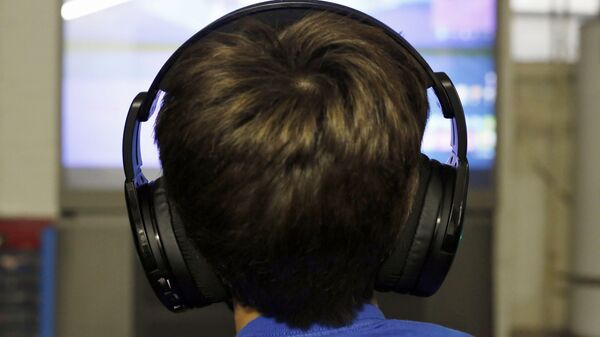The legal notice, filed on behalf of the parents of two minors, aged 10 and 15, likens the effect of the game to cocaine, saying it releases the chemical dopamine to the brain of vulnerable young people who can become dependent on playing, CBC reported.
"We dug into it and we realized there was a strong case for it," said Alessandra Esposito Chartrand, an attorney with Calex Légal.
Chartrand said her firm was contacted by parents interested in suing the company for producing such an addictive game, asking others concerned about their child's dependence on the game to come forward, given the World Health Organization’s recent ruling that video game addiction is a disease.
"Epic Games, when they created Fortnite, for years and years, hired psychologists — they really dug into the human brain and they really made the effort to make it as addictive as possible," she said, arguing that the company knowingly put on the market an addictive game geared toward youth.
The 38-page request of authorization highlights the research behind video game addiction and makes note of the World Health Organization's 2018 decision to classify video game addiction as a disease, saying that, like tobacco products, an addictive game like Fortnite requires companies to warn users of the risk.
"In our case, the two parents that came forward and told, 'If we knew it was so addictive it would ruin our child's life, we would never have let them start playing Fortnite or we would have monitored it a lot more closely,'" she said, noting there are treatment centres around the world helping users quit Fortnite.
Fortnite is a free-to-download game with more than 125 million players worldwide that earns much of its revenue through in-game purchases. Players can upgrade their characters by purchasing outfits, accessories and access to certain levels.

